As October 2025 unfolds, the exchange-traded fund (ETF) market stands as a colossal pillar of global finance, boasting trillions in assets under management and an unprecedented pace of growth. ETFs have democratized investment, offering accessible, diversified, and cost-efficient exposure to myriad asset classes. However, beneath this veneer of success, a growing chorus of analysts and financial watchdogs are raising alarms, questioning whether the rapid expansion of ETFs is creating systemic vulnerabilities, potentially inflating a ‘bubble’ that could have far-reaching implications across traditional and digital asset markets alike.
The Unprecedented Rise and Ubiquitous Presence of ETFs
Born from innovation in the early 1990s, ETFs have evolved from niche products to mainstream investment vehicles, now a fixture in nearly every investor’s portfolio. Their appeal is undeniable: instant diversification, lower expense ratios compared to traditional mutual funds, and intraday liquidity. By 2025, the global ETF market has surged past previous estimates, with complex and specialized products proliferating alongside broad market indices. This exponential growth reflects a fundamental shift in investment strategy, favoring passive exposure over active management for many.
- ETFs provide diversified exposure to various asset classes with a single trade.
- Their transparent holdings and low fee structures have made them attractive to both retail and institutional investors.
- Technological advancements and regulatory frameworks have supported their widespread adoption and innovation.
Unpacking the Concerns: Liquidity Mismatch and Concentration Risk
Despite their benefits, the sheer scale and structural complexities of modern ETFs are prompting critical examination. A primary concern is the potential for liquidity mismatch. Many ETFs hold underlying assets that are less liquid than the ETF shares themselves, particularly those tracking corporate bonds, emerging market debt, or specialized equity sectors. In a volatile market downturn, a rush of redemptions could force ETF providers to sell illiquid assets into a falling market, exacerbating price declines and creating a downward spiral.
Another significant risk factor is concentration. A handful of mega-asset managers dominate the ETF landscape, controlling vast swaths of market capital. This creates systemic risk, as operational failures or investment decisions by these few giants could have outsized impacts on the entire financial ecosystem. Critics also argue that the dominance of passive index funds, often facilitated by ETFs, may distort price discovery, leading to overvaluation in certain benchmarked stocks and sectors, regardless of their individual fundamentals.
Echoes of Past Crises: A Modern Test of Financial Stability
While the ETF structure differs significantly from the instruments that triggered the 2008 financial crisis, some economists draw parallels regarding hidden interdependencies and unexpected vulnerabilities. The fear is not necessarily a direct collapse, but rather a cascading effect where ETF-induced selling pressures amplify broader market declines. Regulators are increasingly scrutinizing the resilience of ETF structures, particularly during periods of extreme market stress, to ensure that the liquidity mechanisms in place are robust enough to withstand a severe test.
Ripple Effects on the Digital Asset Space
The burgeoning market for digital asset ETFs – including spot Bitcoin, Ethereum, and other crypto-backed products – is not immune to these broader market concerns. While offering regulated access to cryptocurrencies, these products are subject to the same structural and liquidity risks as their traditional counterparts, compounded by the inherent volatility of digital assets. Should a systemic shock originate from the traditional ETF market, investor confidence could erode across all regulated investment products, potentially stifling the growth and adoption of crypto ETFs and increasing scrutiny from wary regulators.
Conclusion
The phenomenal growth of the ETF market is a testament to its utility and efficiency, but this success comes with increasing scrutiny and valid concerns about systemic risk. As the financial world looks towards the future, ensuring the stability and resilience of this critical market will require ongoing vigilance from regulators, transparency from providers, and informed awareness from investors. The coming years will undoubtedly test the robustness of the ETF ecosystem, determining whether current fears are merely growing pains or a genuine precursor to market instability.
The post ETF Market Bubble Fears Mount: A Looming Systemic Risk for Global Finance? appeared first on FXcrypto News.












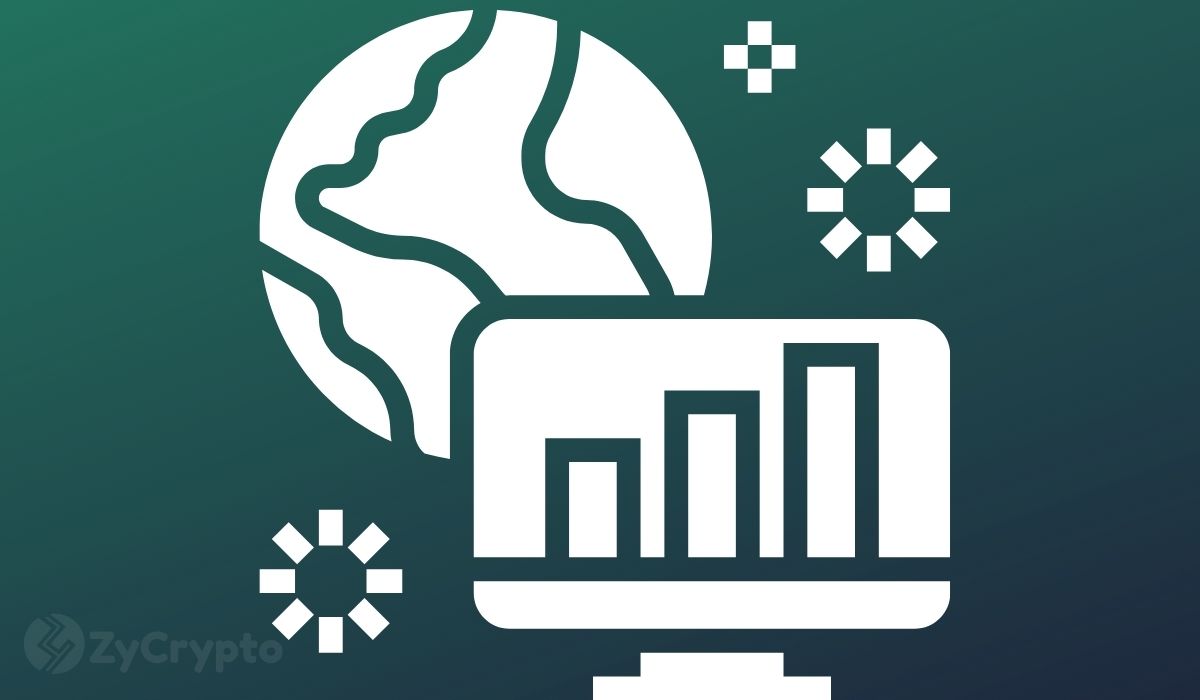


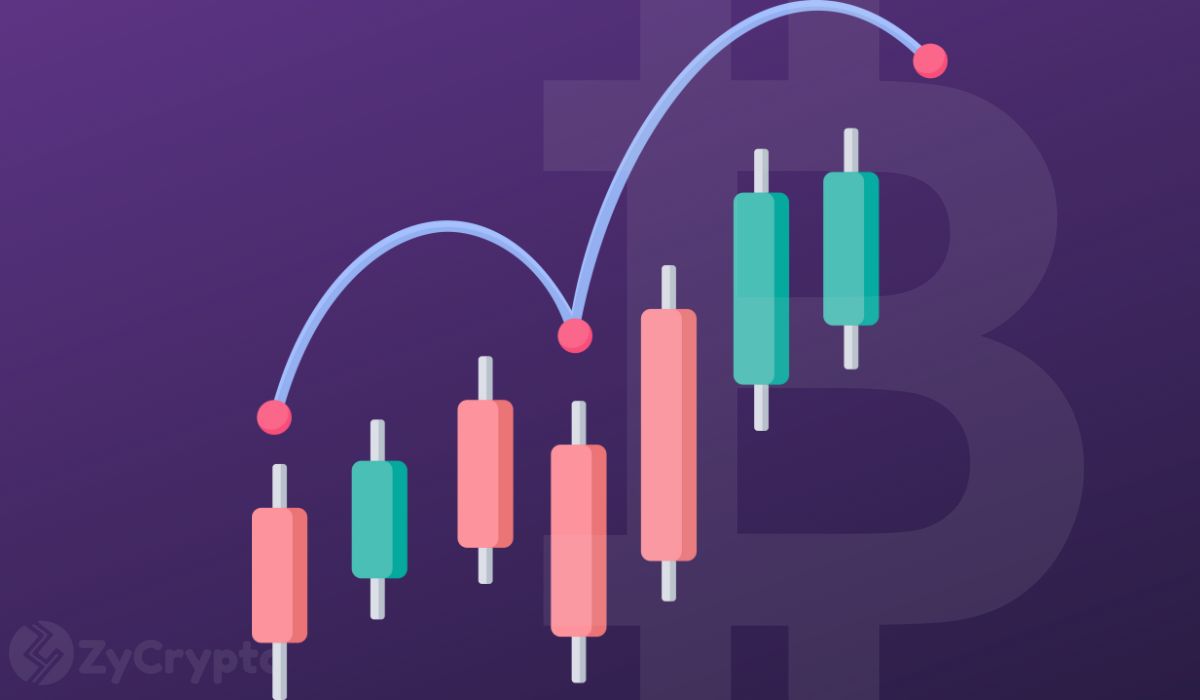



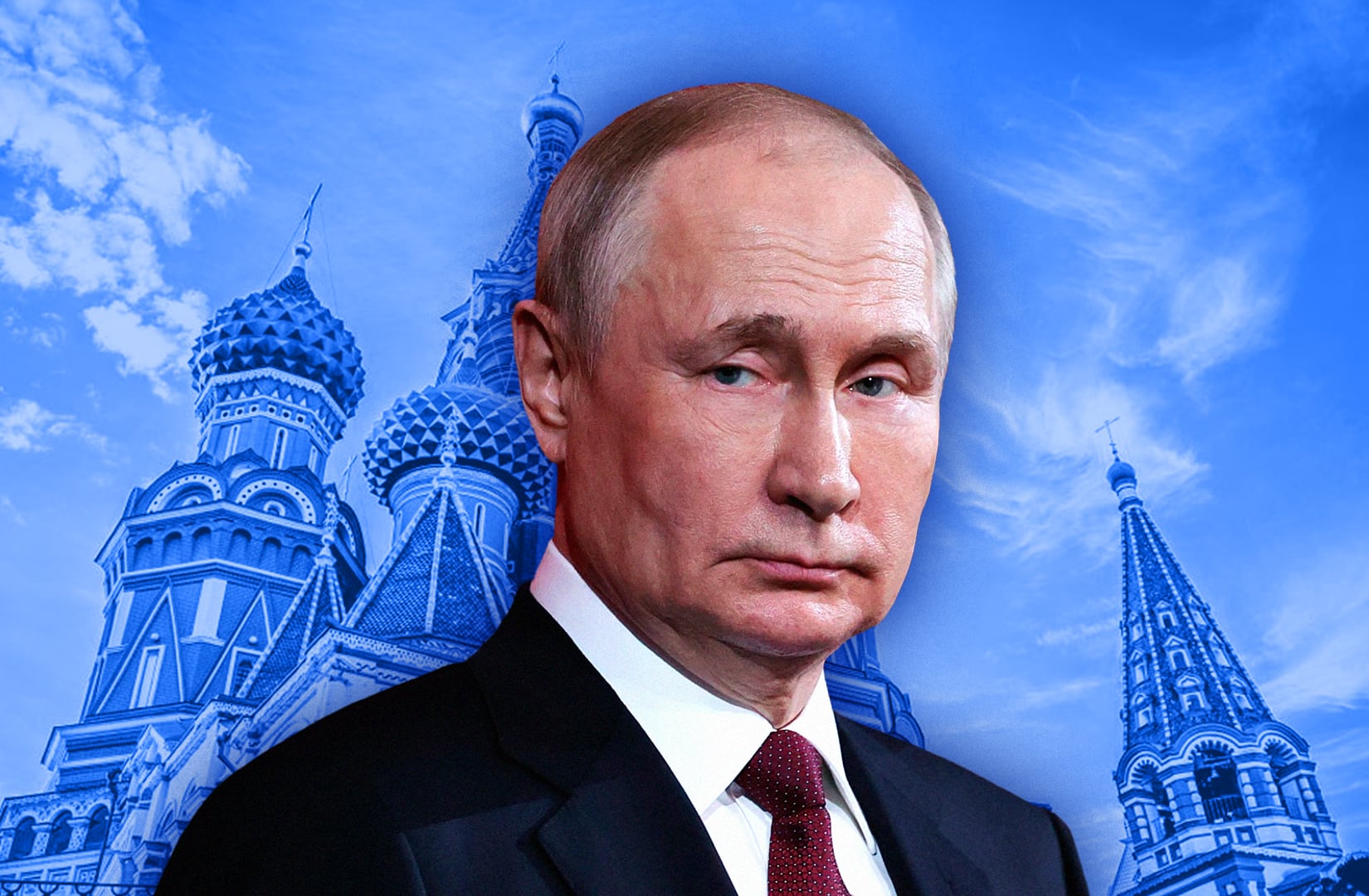

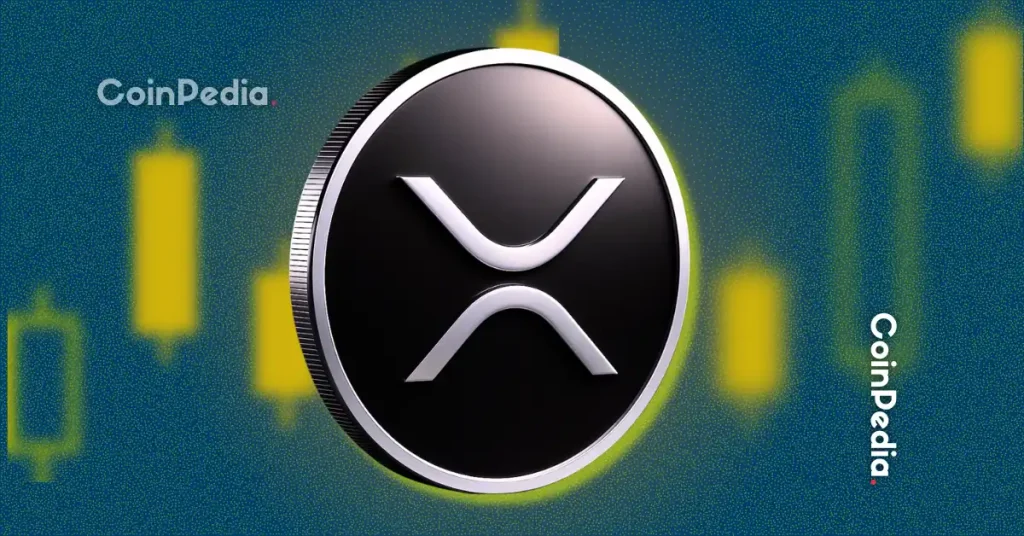
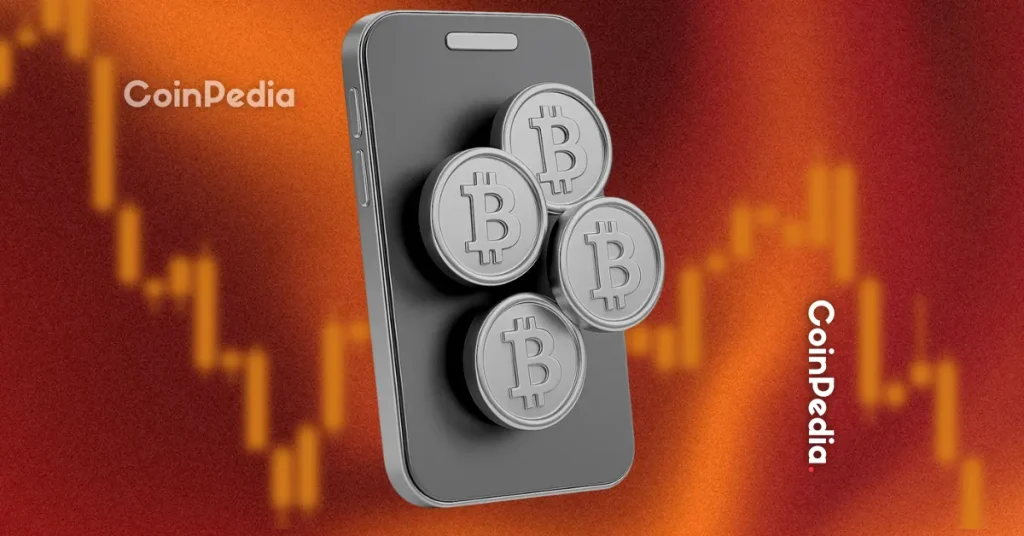

 24h Most Popular
24h Most Popular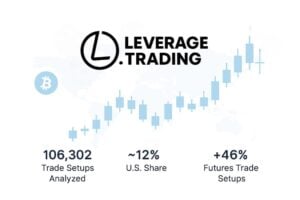




 Utilities
Utilities